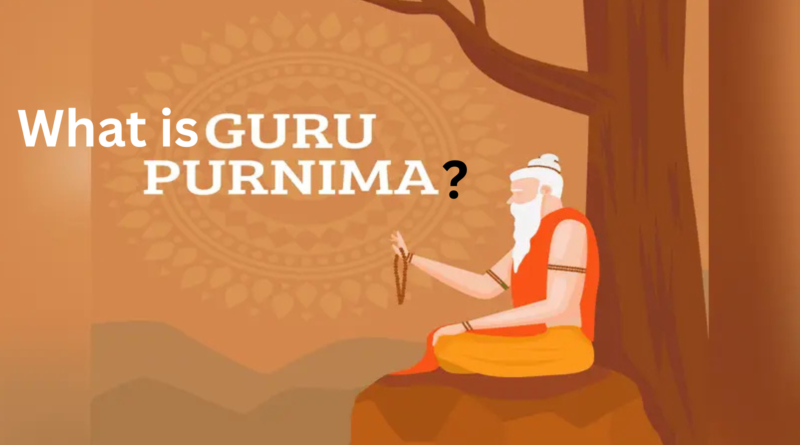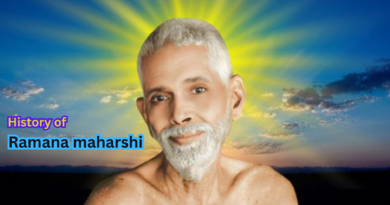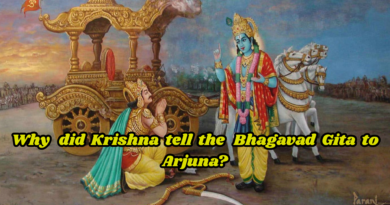What is Guru Purnima? Why Celebrate Guru Purnima?
What is Guru Purnima?
Guru Purnima is a sacred festival celebrated across India and other parts of South Asia to honor and express gratitude to spiritual and academic teachers, or gurus. It falls on the full moon day (Purnima) in the Hindu month of Ashadha (June–July). The word Guru is derived from the Sanskrit roots ‘Gu’ (darkness or ignorance) and ‘Ru’ (remover), meaning the one who dispels the darkness of ignorance. On this day, disciples pay homage to their gurus for guiding them toward knowledge, wisdom, and enlightenment.
Spiritual Significance
In Hindu tradition, Guru Purnima is particularly significant as it marks the day when Lord Shiva, considered the first yogi or Adi Guru, began imparting knowledge to the Saptarishis (seven sages). It is also believed to be the day when Sage Vyasa, the author of the Mahabharata and compiler of the Vedas, was born. Hence, the day is also celebrated as Vyasa Purnima. Spiritual aspirants and devotees perform pujas, meditate, and participate in satsangs to seek the blessings of their gurus.
Cultural and Academic Relevance
Guru Purnima is not limited to religious contexts alone. In Indian culture, teachers and mentors in all fields education, arts, science are respected and remembered on this day. Schools and institutions often organize special programs where students show respect and gratitude to their teachers. The tradition reinforces the vital role that teachers play in shaping society by passing on knowledge and values.
Why Celebrate Guru Purnima?
Guru Purnima serves as a reminder of the importance of the guru-disciple relationship, which forms the foundation of learning in Indian traditions. It is a day to reflect on the teachings one has received and to recommit to one’s personal growth and spiritual path. By celebrating Guru Purnima, people acknowledge the transformative power of knowledge and express humility and reverence toward those who guide them.




